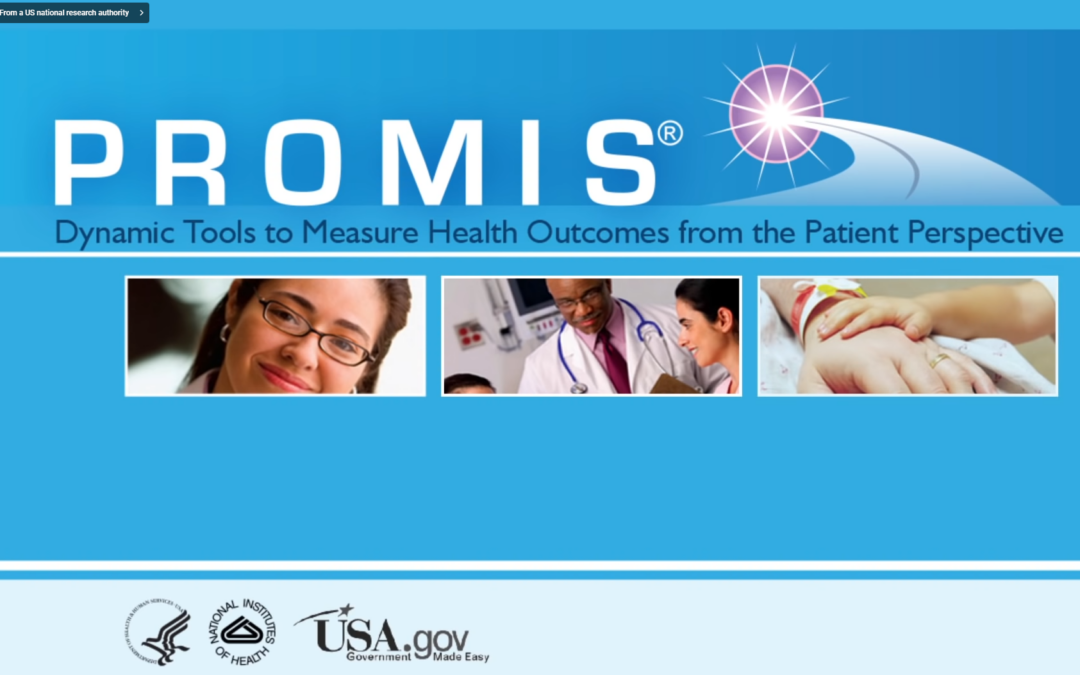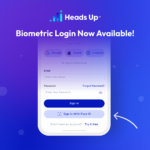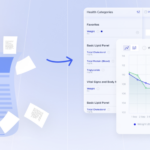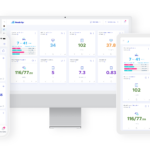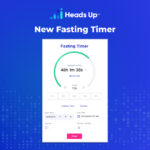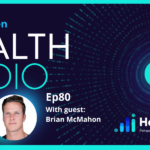Patient-Reported Outcomes Measurement Information System, PROMIS, is a set of person-centered measures that evaluates and monitors physical, mental, and social health.
The Patient-Reported Outcomes Measurement Information System (PROMIS) is a comprehensive measurement tool that collects information directly from patients to assess various aspects of their health for assessing physical, symptoms, mental, and social health domains, providing a holistic picture of the patient’s condition [1]. It can be used with the general population and with individuals living with chronic conditions.
PROMIS enables healthcare professionals to accurately monitor patient progress and make informed decisions about their care, ultimately enhancing patient-centered care and improving health outcomes [2].
PROMIS is a set of person-centered measures that evaluates and monitors physical, mental, and social health. It can be used with the general population and with individuals living with chronic conditions [3].
Designed with state-of-the-science methods, PROMIS is psychometrically sound and aims to transform how life domains are measured [3]. It is also created to enhance communication between clinicians and patients in diverse research and clinical settings [3]. PROMIS is relevant across all conditions for the assessment of symptoms and functions [3].

“Health care decision-making should be based on the needs of our patients. So, it’s really important for a practicing physician or a clinical researcher to be able to really understand what our patients are trying to tell us. But actually communicating to your physician isn’t as easy as it sounds.”
LISA SHULMAN M.D. PROFESSOR OF NEUROLOGY AT THE UNIVERSITY OF MARYLAND MEDICAL CENTER.
Clinical measures of health outcomes, such as x-rays and lab tests, may have minimal relevance to the day-to-day functioning of patients with chronic diseases. Often, the best way patients can judge the effectiveness of treatments is by changes in symptoms.
This is why the PROMIS initiative was developed through a National Institute of Health program and funded through the NIH Common Fund. The goal of PROMIS was to improve the reporting and quantification of changes in patient-reported outcomes.
The process borrows from a concept that’s highly used in education, Item Response Theory, to help get better answers from patients with fewer questions.
PROMIS scores offer a system of highly reliable, precise measures of patient-reported health status for physical, mental, and social well-being; used to measure health symptoms and health-related quality of life domains that are relevant to a variety of chronic diseases, including cancer.
PROMIS was successful in addressing the lack of standardization in patient-reported outcomes and has had a substantial impact, with approximately 70 domains measuring pain, fatigue, depression, anxiety, sleep disturbance, physical function, social function, and sexual function, among other areas; resulting in over 400 publications and more than 100 NIH grants have supported investigations using PROMIS instruments.
Researchers in the US and internationally are using PROMIS at accelerating rates, with substantial integration beginning in clinical settings and permeating into clinical practices because PROMIS items score high in reliability, precision, and construct validity.
- Developed and validated with state-of-the-science methods to be psychometrically sound and to transform how life domains are measured
- Designed to enhance communication between clinicians and patients in diverse research and clinical settings
- Created to be relevant across all conditions for the assessment of symptoms and functions
Now you can leverage PROMIS scores with Heads Up, in your practice or research. Simply, navigate to the assessments section of the desktop app to get started.
Here’s how you can test out this new feature today:
- Login to your Heads Up account
- Navigate to the Assessments section
- Look for the PROMIS 29 sample assessment
- Assign the PROMIS Assessment to one or more users within your organization
- Review results within the Signals section
If you would like to learn more about leveraging PROMIS scores, schedule a time with our specialists here.
Citations
